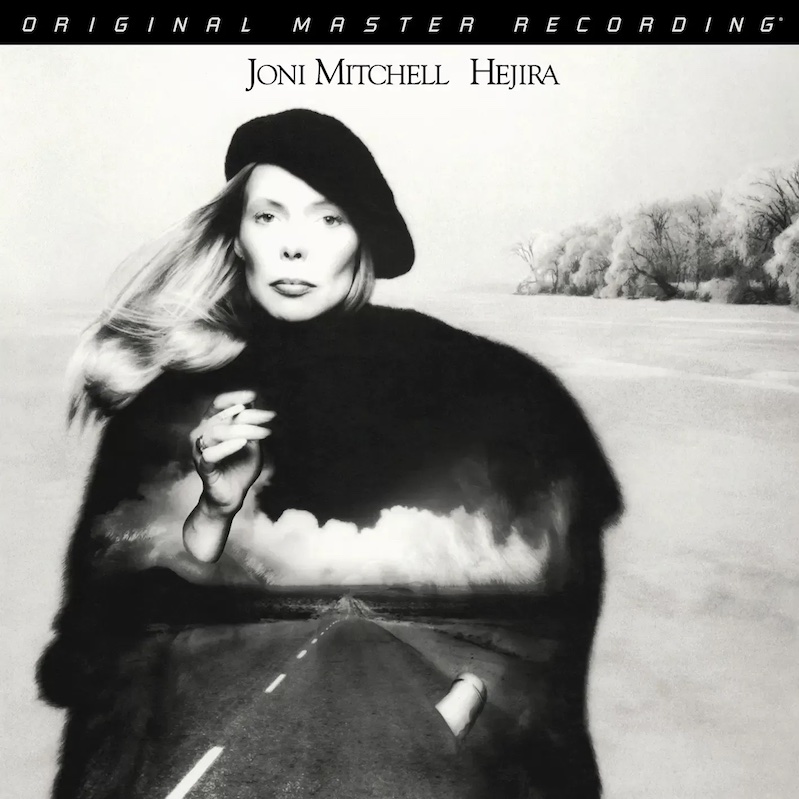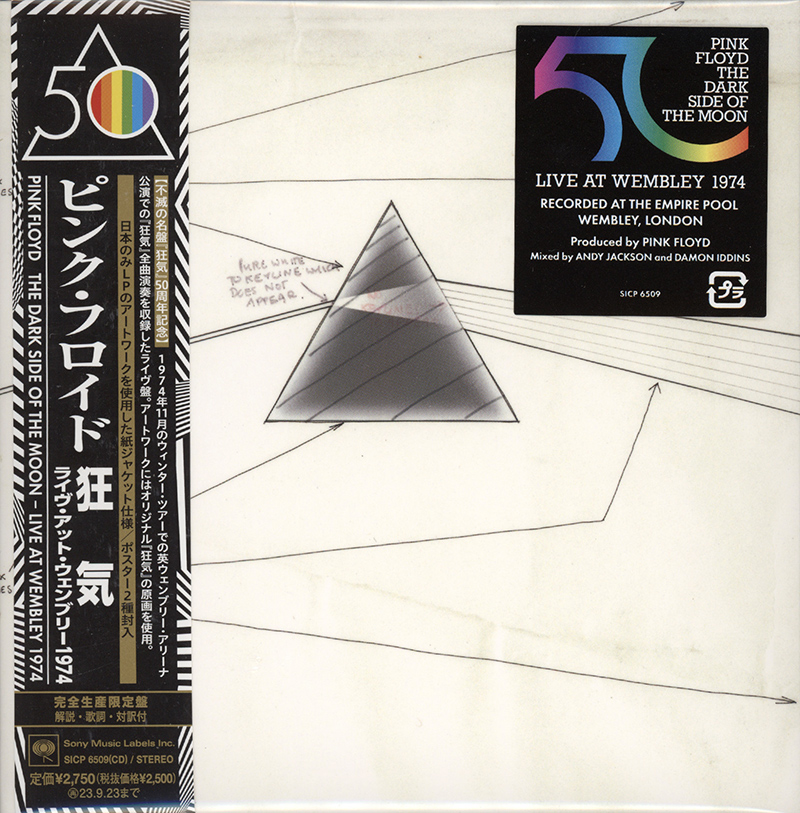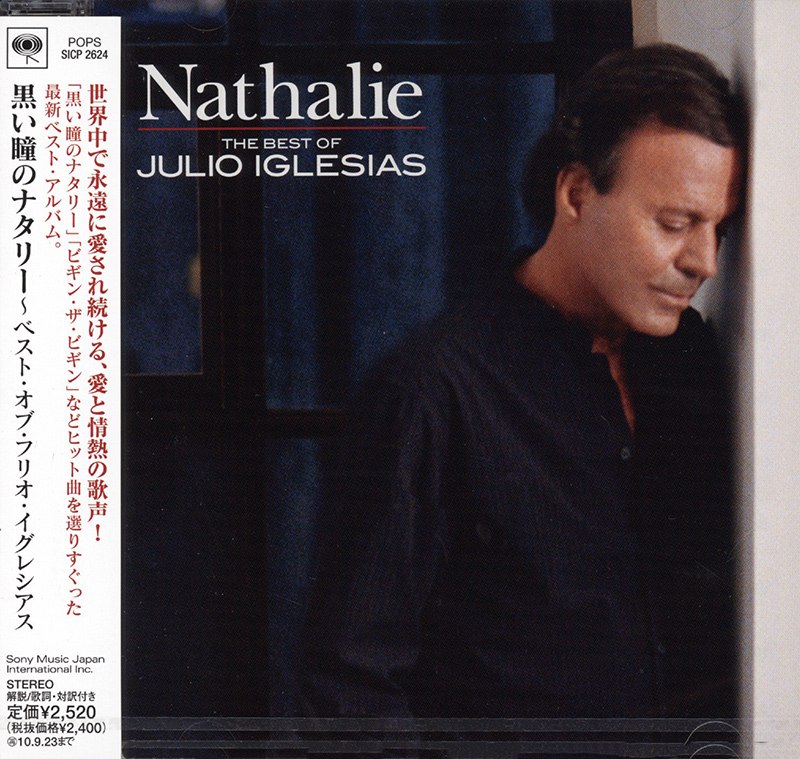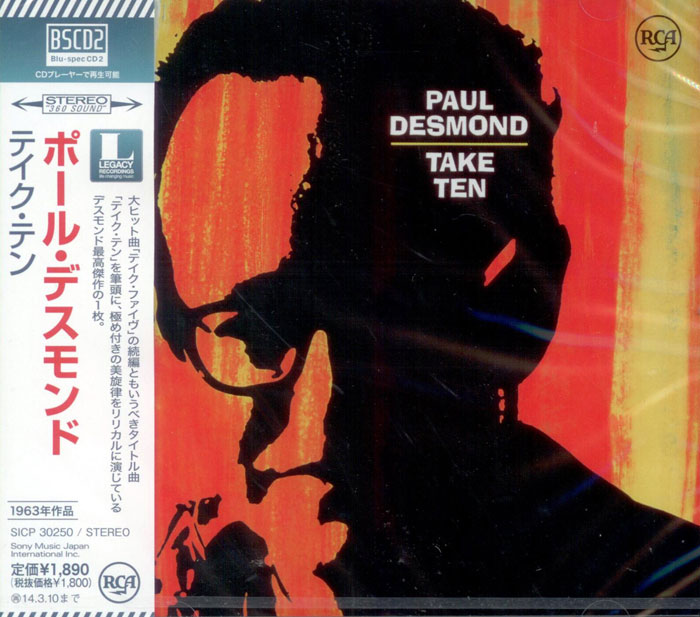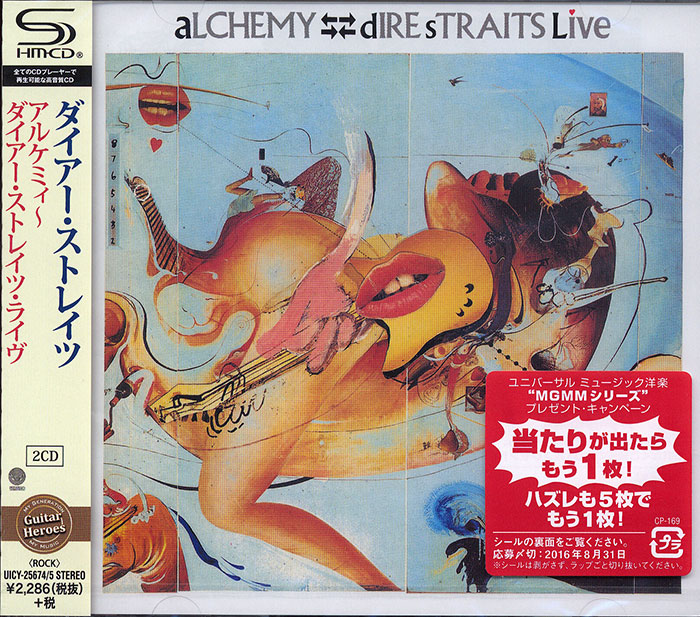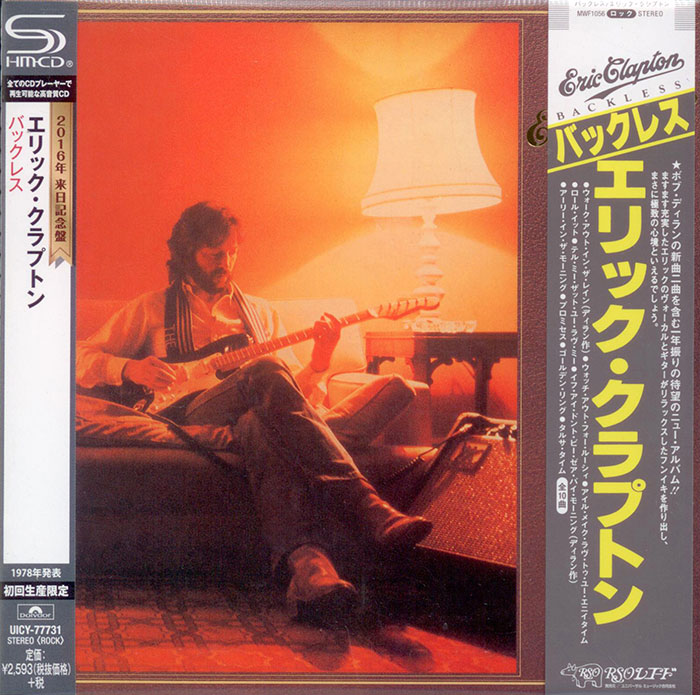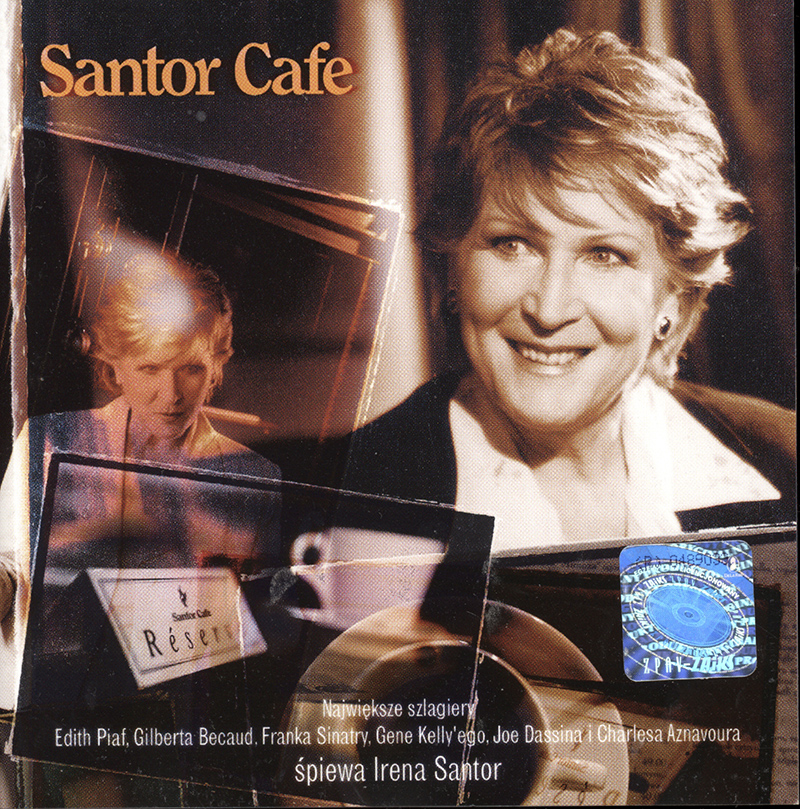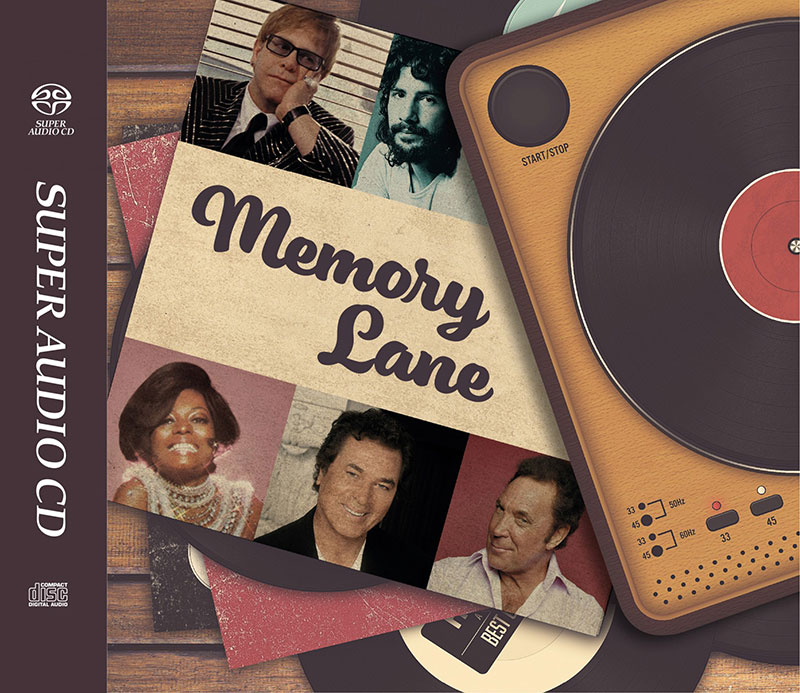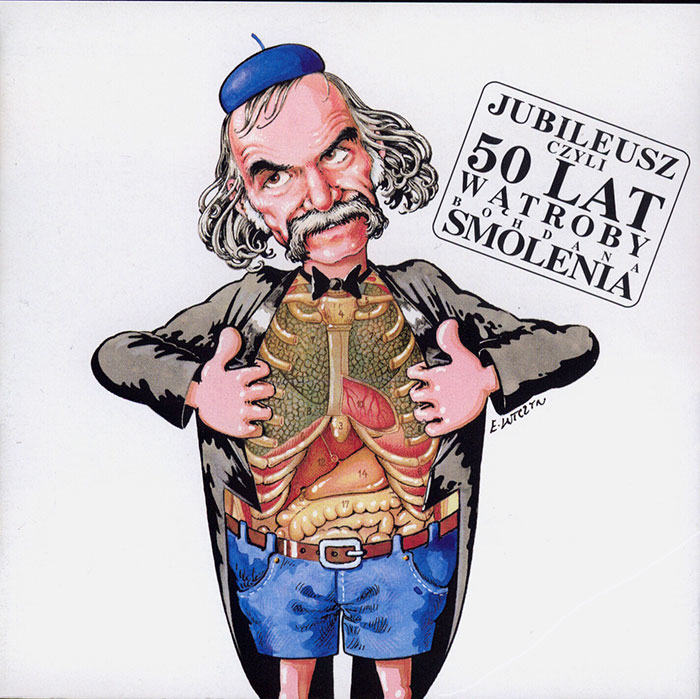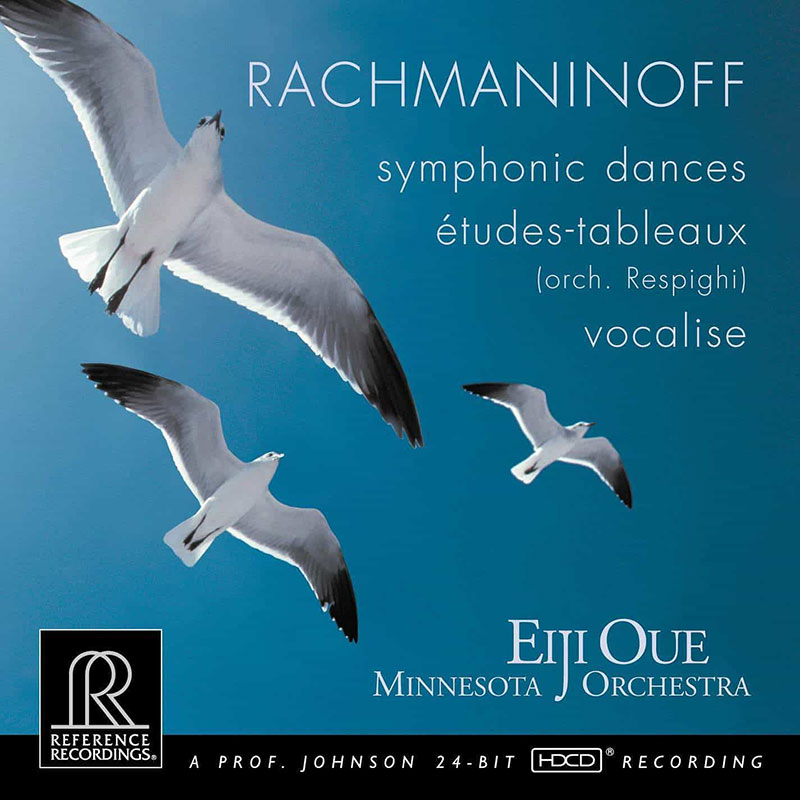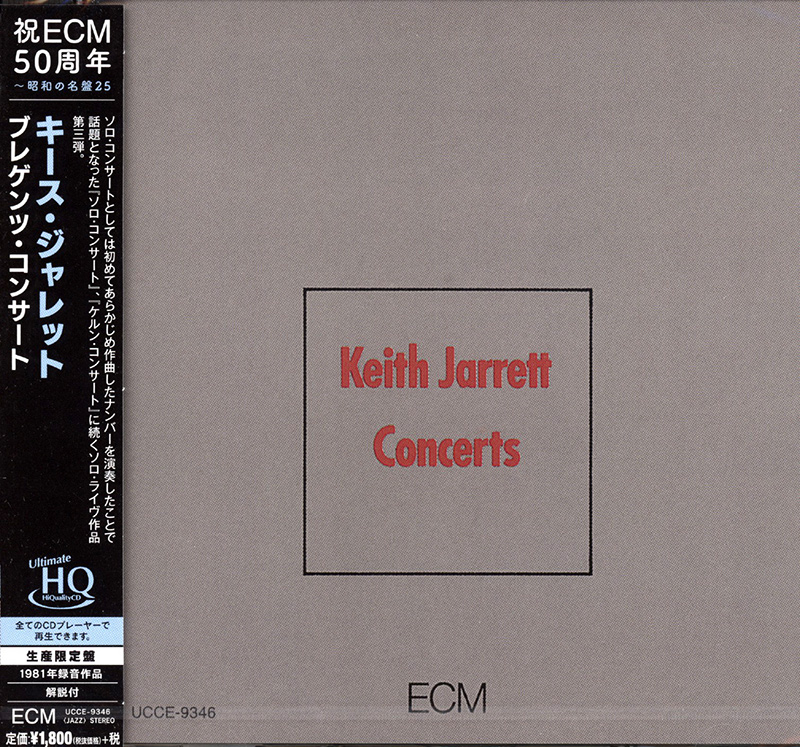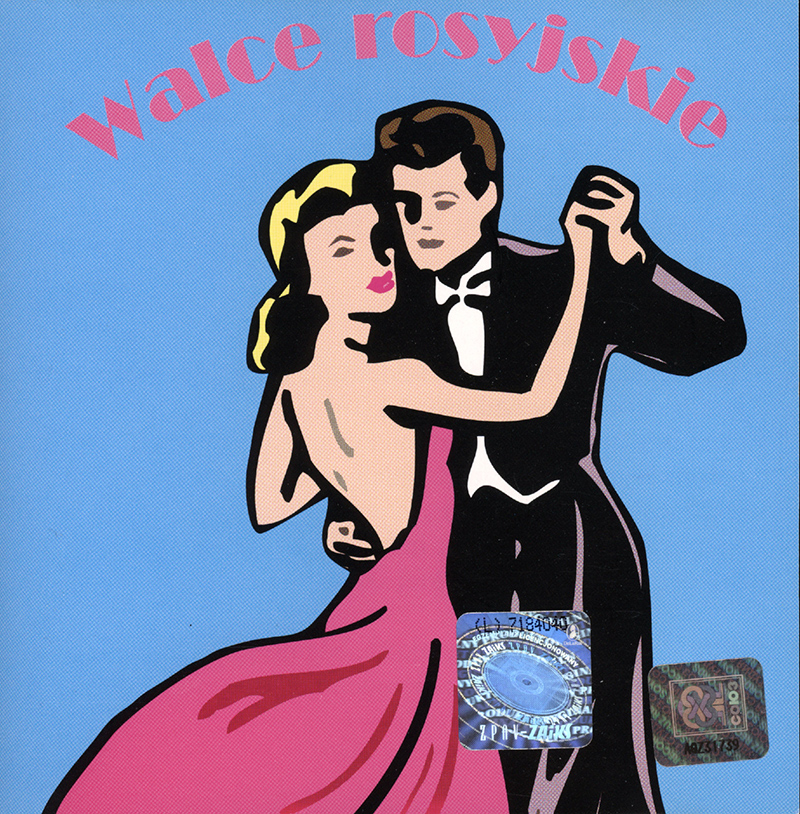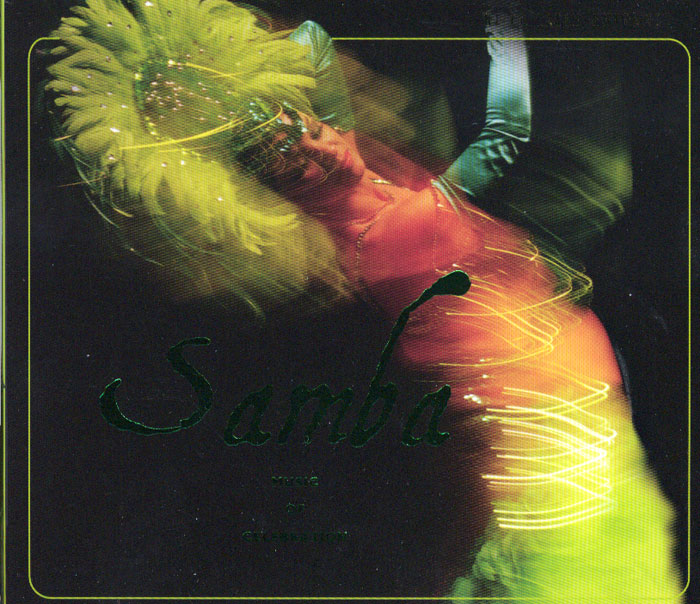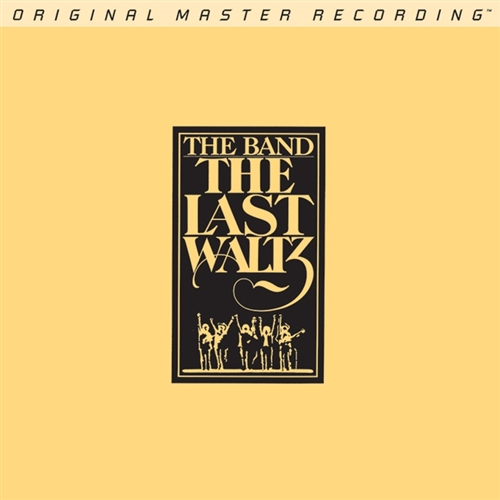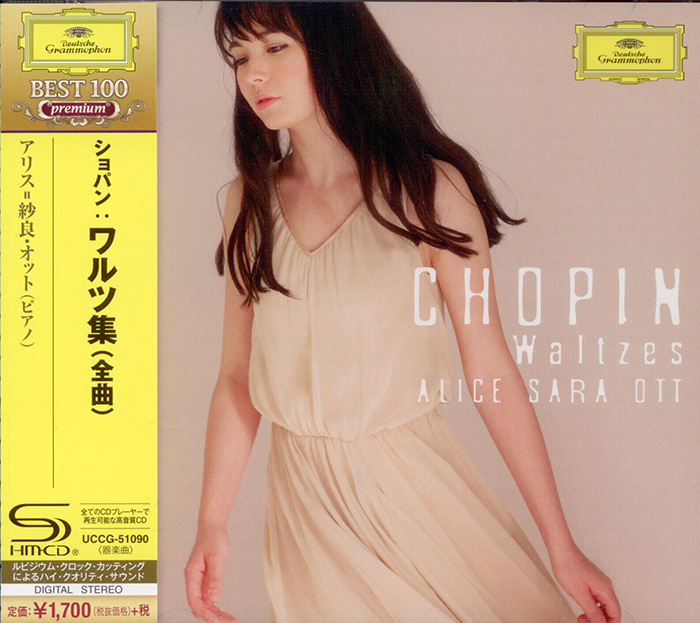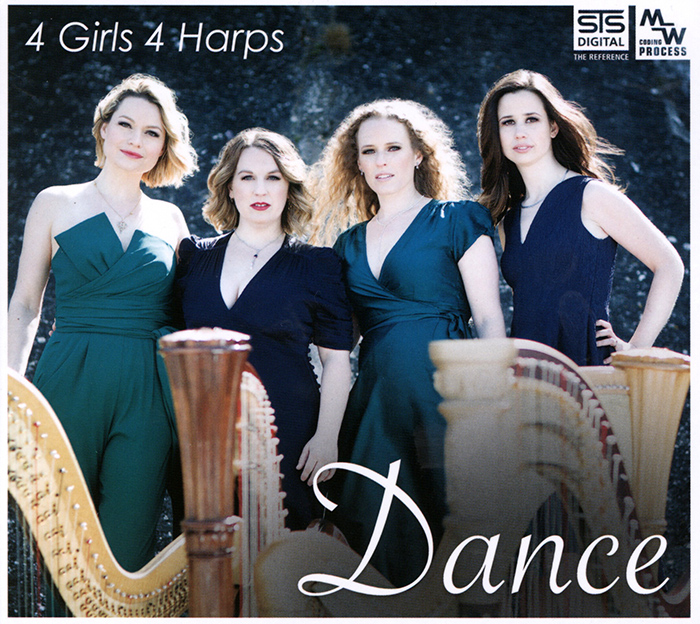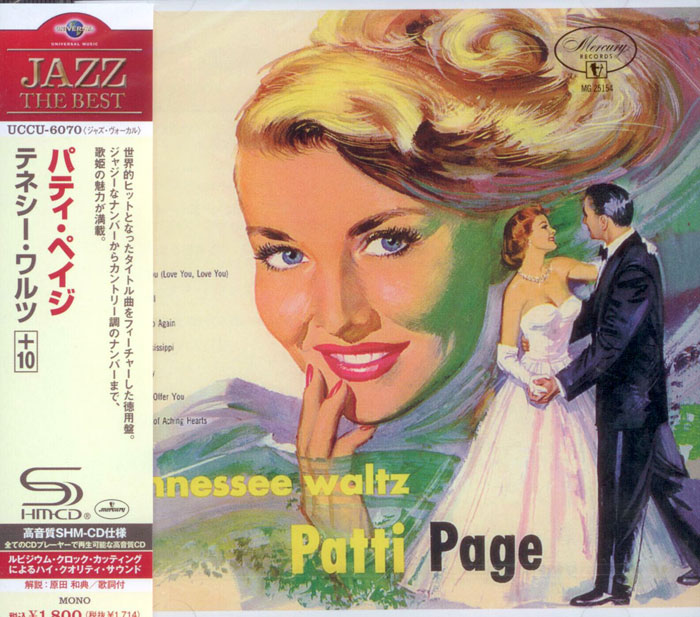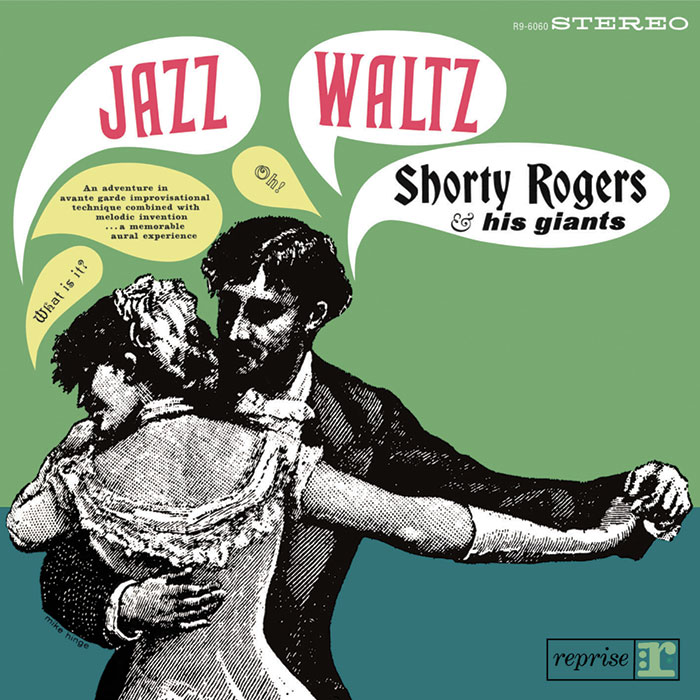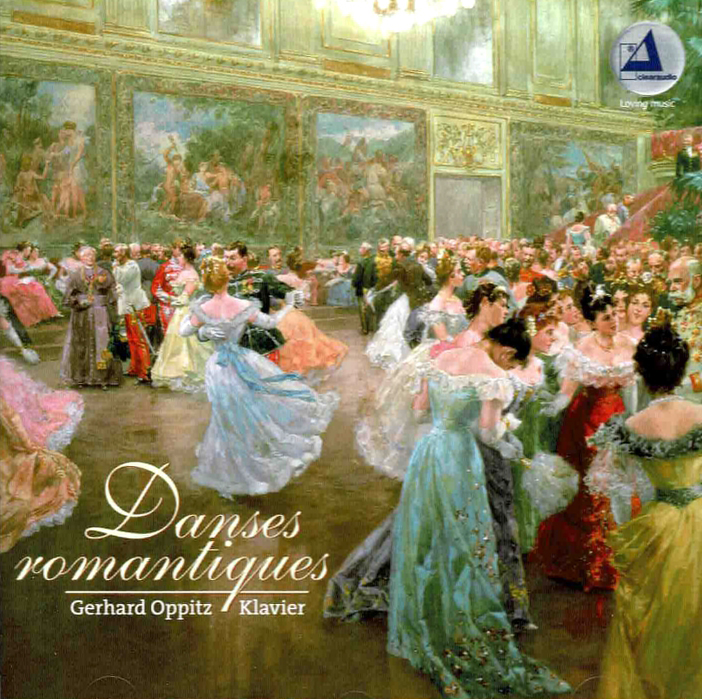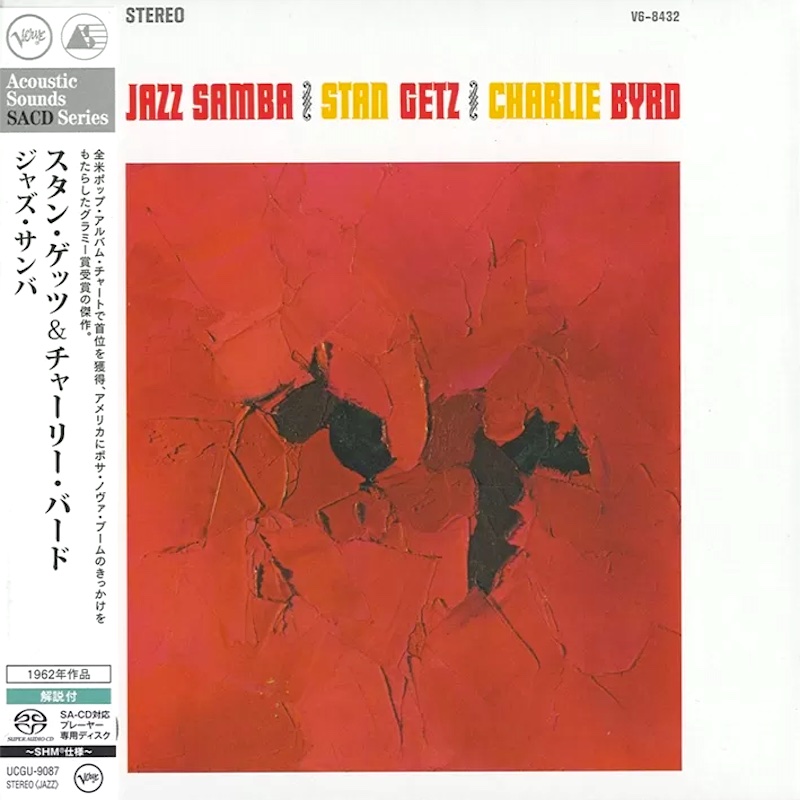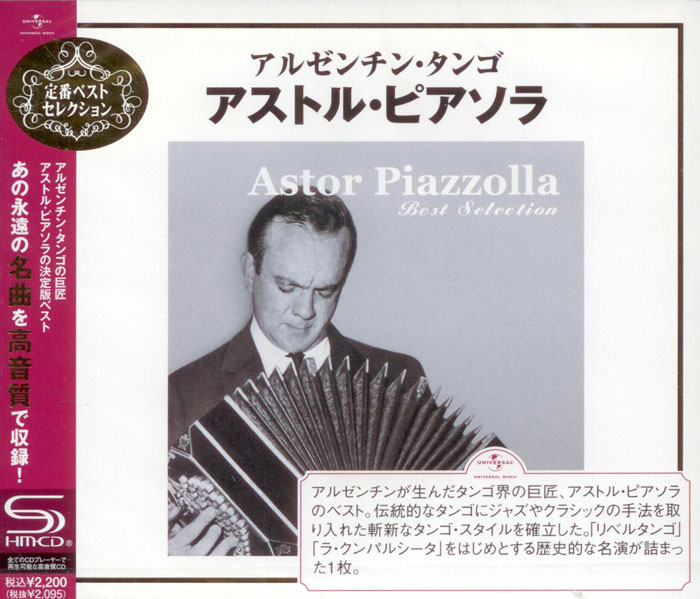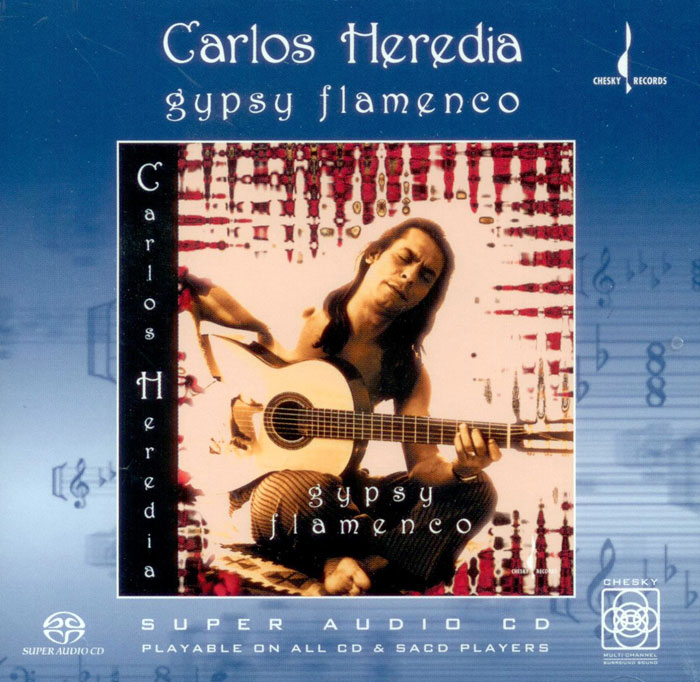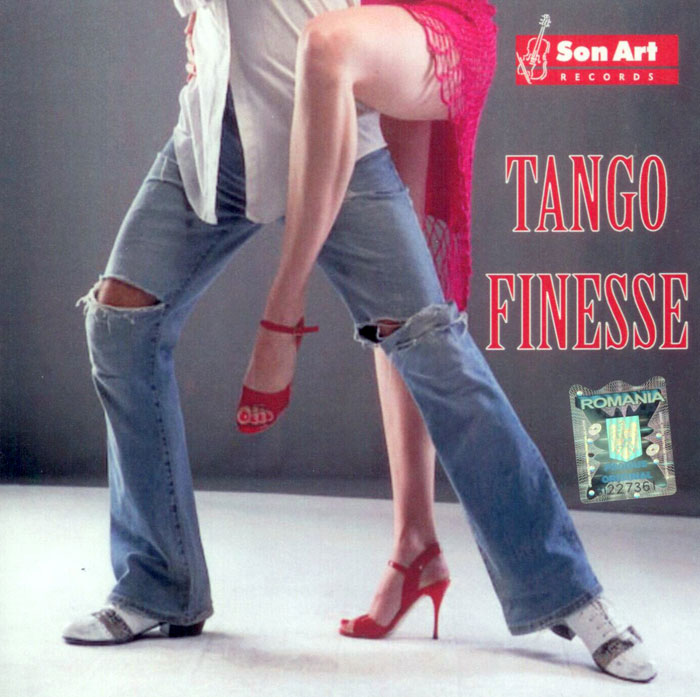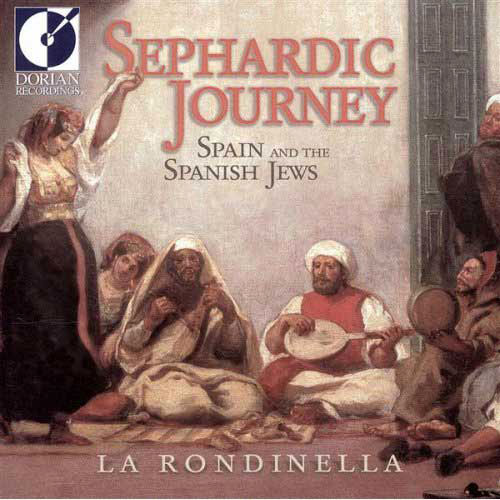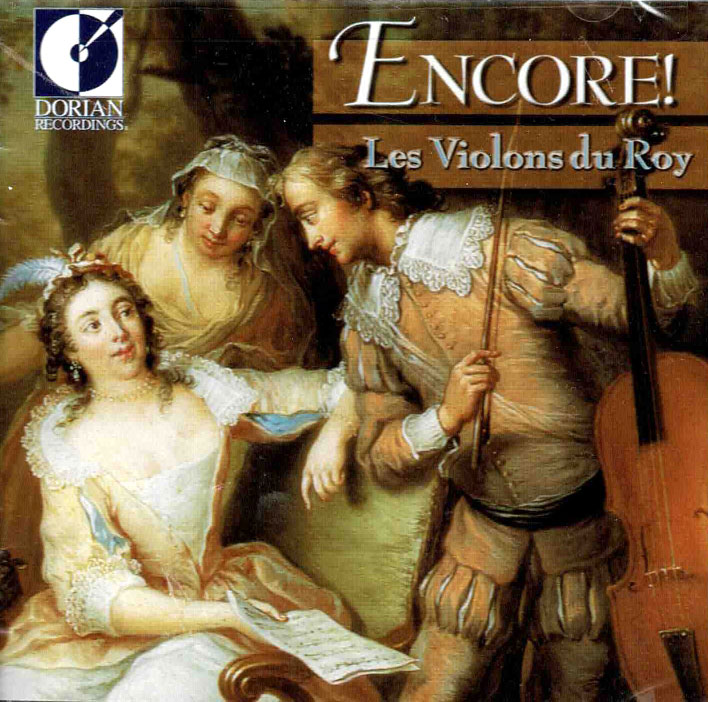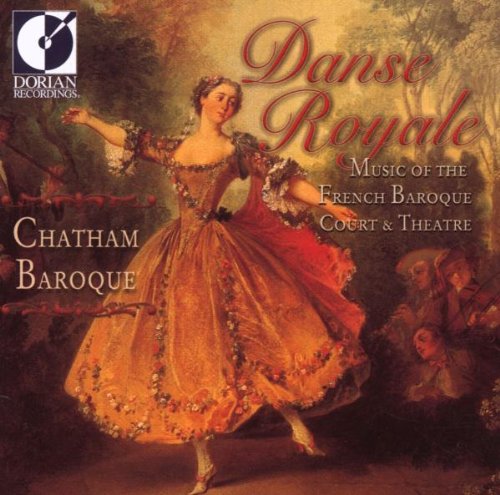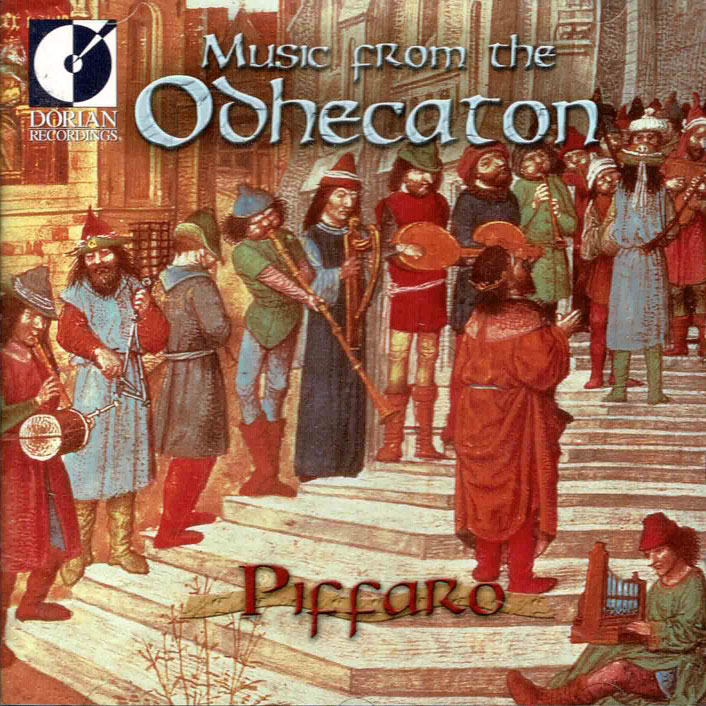Logowanie
Mikołaj - ten to ma gest!
Elton John, The Mamas & The Papas, Cat Stevens, Rod Stewart, Bobbie Gentry, Stevie Wonder, Engelbert Humperdinck
Memory Lane
Edycja Numerowana - 1000 egzemplarzy w skali światowej
RACHMANINOV, Eiji Oue, Minnesota Orchestra
Symphonic Dances / Vocalise
Best Recordings of 2001!!! NAJCZĘŚCIEJ KUPOWANA PŁYTA Z RR!
Karnawał czas zacząć!
Music of Love - Hi-Fi Latin Rhythms
Samba : Music of Celebration
AUDIOPHILE 24BIT RECORDING AND MASTERING
CHOPIN, LISZT, DEBUSSY, DVORAK, Gerhard Oppitz
Dances romantiques - A fantastic Notturno
Wzorcowa jakość audiofilska z Clearaudio
Winylowy niezbędnik
ClearAudio
Double Matrix Professional - Sonic
najbardziej inteligentna i skuteczna pralka do płyt winylowych wszelkiego typu - całkowicie automatyczna
La Rondinella
Sephardic Journey - Spain and Spanish Jews
- La Rondinella - Sephardic Journey
- 01. Tres hermanicas eran (2:54)
- 02. Alta, alta va la luna (1:56)
- 03. Paxarico tu te llamas (3:16)
- 04. Poco le das, la mi consuegra (5:03)
- 05. Durmo la nochada (3:12)
- 06. Yo era nina de caza alta (2:13)
- 07. Una noche al bodre de la mar (1:50)
- 08. A la uno naci yo (2:21)
- 09. Morenica sos (2:48)
- 10. El Dio alto (2:10)
- 11. Avrix mi, galanica (2:33)
- 12. El paso del mar rojo (3:49)
- 13. Antonilla es desposada (2:01)
- 14. Caros y frescos rios (2:23)
- 15. Recercada sobre "O felice occhi miei" (1:45)
- 16. Recercada Ottava (1:46)
- 17. Au luna que reluzes (2:00)
- 18. Torre de la nina (1:42)
- 19. Vella de vos (4:29)
- 20. Fantasia (1:36)
- 21. Romanesca: O guardame las vacas (1:39)
- 22. Pues que mi triste penar (2:08)
- 23. In te, Domine speravi (2:12)
- 24. Fantasia (2:03)
- 25. Cancion: Claros y frescos rios (1:53)
- 26. El triste que nunca os vio (1:43)
- 27. El cervel (2:09)
- La Rondinella
NAGRANIE REFERENCYJNE - 20bit - FIBER OPTIC DISK
The similarities in language between the Sephardim and the Spanish Renaissance composers are clear, and on this recording, with just a few exceptions, we have used the same instruments to play both repertoires. But the two repertoires differ in significant ways. Although the Sephardim as a distinct culture are much diminished since the end of World War II, theirs is a living tradition, conveyed orally from generation to generation. In the early part of the 20th century, the music began to draw the attention of folklorists, who transcribed the tunes and words as they heard them. Much of this music was played in the home, not presented in concert, and how the songs were sung and played was probably as varied as the people who performed them over several centuries. Spanish court music, on the other hand, was written down, published or preserved in manuscripts, and since the late 15th and early 16th century, frozen in form. Though direct links to performance practices have not survived, much can be understood or inferred from the writings of the composers and theoreticians of the Renaissance. - Howard Bass
